Whether you’re a business looking to hire or a bootstrapping solopreneur, it’s important to know the difference between copywriting vs content writing. In this article, you’ll learn four key differences between copywriting and content writing. We’ll also outline how you can combine the skills and techniques used in each to strengthen all of your writing as a digital marketer.
Differences Between Copywriting vs Content Writing
Publication Type
This is probably the easiest way to distinguish copywriting from content writing. Copywriting is chiefly concerned with creating ads — both for digital and print. You can think of it as slogans, taglines and landing page content.
On the other hand, content writing is often longer than sales copy. It consists of things like articles, blog posts, social media, email newsletters, reports, e-books and whitepapers.
Purpose
The purpose of content writing is to inform, entertain and engage a reader. The goal of copywriting, however, is to persuade the reader to take a specific action. Digital marketers can use both effectively to increase their sales, but content marketing is a longer-term strategy than copywriting, which should have a more immediate impact.
A blog post analyzing a favorite TV show, for example, is pure content writing. The writer wants to engage other fans and offer their point of view. They’re not attempting to directly sell anything.
Ads and other marketing materials are great examples of copywriting. They have a specific, targeted goal. The entire purpose of the writing is to convince you to make a purchase, download that free report or take another action to get you more engaged with the brand.
Below, you’ll see an example of Copywriting that was written for a social media post with the goal of enticing readers to take action. This post is essentially an advertisement that pulls double duty as Content for the social media network, Instagram.
Tone
By nature of the different goals we’ve already covered, copywriting vs content writing will take a different tone. Content writing is focused on informing readers and engaging them with the long-form particulars. Depending on where the content is being published, it might take a scholarly or formal tone. A corporate law firm is an example of a business that might lend well to this type of content writing.
Because copywriting is often sales-focused, the writing needs to be more persuasive. It should convince readers to take action. Since you want to engage customers, you can be less formal in copywriting and instead take a more conversational approach. Copywriting can also be more assertive or forceful because it is very much focused on closing the sale or urging the customer to do something.
The social media post, below, was written with a witty, playful tone. It was designed to catch the reader off guard and engage them with a playful approach.
Subject
The subject of your writing can also give you a clue about what type of writing style is needed. If you’re writing a direct comparison of your product or service vs a competitor’s product/service, that’s copywriting. And, any time you’re writing about your own products or services, you’re most likely writing copy, not content.
Also, if you’re writing a blog post to educate and inform readers, you’re writing content. The content could still be relevant to a product or service that you offer, but making a direct sale is not the main focus of the piece. By providing valuable content, you build trust with your audience which turns them into repeat visitors and, eventually, into customers.
Benefits of Combining Copywriting and Content Writing
Copywriting skills can help improve your blog content and keep readers engaged and coming back for more. For example, since sales and marketing copy needs to be attention grabbing, you can use those same principles to develop catchy titles for your blog posts and to pique interest on social media.
On the other side of things, content writing can help give more substance to your sales and marketing copy. Ultimately, the goal of your marketing efforts is to sell your product or service, but that doesn’t mean everything you create needs to be straight sales copywriting. By adding informative content, especially free resources like the one presented in our example posts, you will entice the reader to come back to your site. Doing this regularly, and with a focus on copywriting and content writing best practices, can add up to actual sales for your business.

